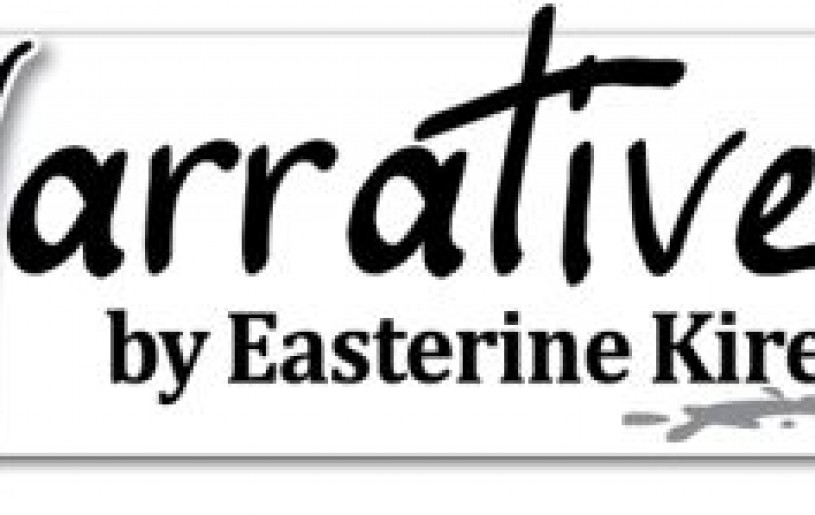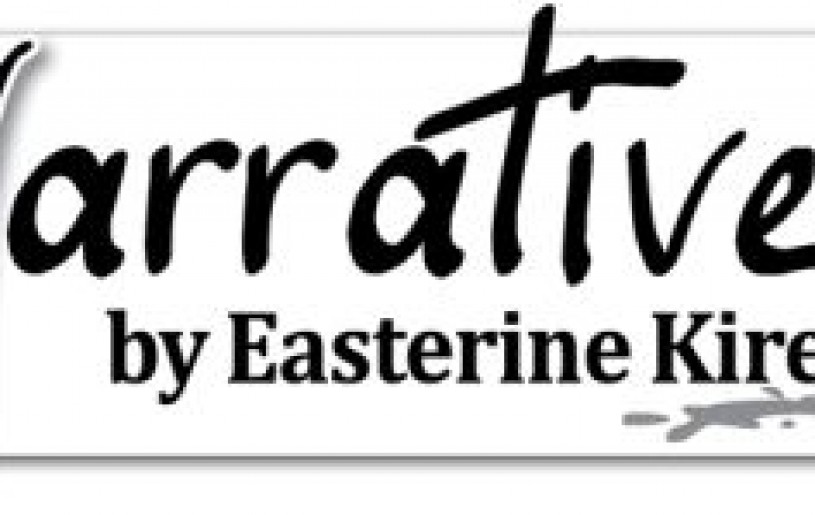
She unknotted her hair and wound it into a tighter knot catching all the loose strands together. Soon she had stepped into the watery field again, finishing a portion they had left undone. By now the skies were overcast and a few drops of rain fell. A sudden and heavy shower followed, drenching the three of them in spite of their rain-shields. Sunshine was always fickle in these months and the rain, when it returned, came back in a fury, pelting man and grain together. They worked on until the rain cleared again. But the mists hung thickly in the valley, and there was no more sun for the rest of the day (A Naga Village Remembered, p. 30).
We never quite got the English idyll of summer– the long, lazy days in the sunshine, the countryside blooming with a variety of flowers and the sounds of English birds as accompanying music to that scene. It was not meant for our climes. Poems at school, (most of which were by British poets) that eulogized summer in this manner had no power to touch our hearts. Not much chance at home of a summer season lying in hammocks under clear skies and reading a book and chomping on an apple. It wouldn’t be long before a thundercloud came up and drenched book, reader and hammock thoroughly. We can still argue that we have sunshine and insects and some birdsongs, but summer is not really summer for us without rain. For us, Summer and Rain are blood sisters.
I know the rain. The one that pitter-patters on the roof in the morning, like a child calling out another child to play. And I know the full-blown mid-day rain which is merciless and laughs at umbrellas and rain paraphernalia. One afternoon in May, we were walking back from school when such a storm caught us out. There was no point taking shelter in a shop because the rain would go on for hours. So, we walked into the waterfall, unmindful of the fact that our clothes were being drenched straight through and our schoolbooks were entering a new phase of life altogether. Once you stop fighting it, a shower of rainwater is quite an unusual experience; unpleasant if you are still clothed, but if you don’t have to worry about expensive jackets or shoes, there is something juvenile and liberating about being soaked in rainwater.
It is a kind of baptism, with or without the religious interpretation. It is a way of partaking of the life of nature that we see all around us every day, but are so distanced from because we have to attend to all the formalities that make up life. Schools, offices, jobs and other activities of life effectively prevent us from a thorough soak. Because we have come to measure things, experiences and events from their commercial point of value for us, running into the rain will be seen as having no monetary value to offer and the conclusion might be that therefore, it is a valueless experience. Better not waste one’s time and energy on it. I’m mentally putting a sad face emoticon here.
I think the most enviable part of a farmer’s life is the intimacy he shares with nature. Bending over in watery fields of rice, transplanting the paddy while rainstorms batter at his bent form. It is immensely hard work. But there is a sense of man and nature working in cooperation here; nature bringing man’s labours to fruition by pouring rain on it and sending hot sunshine that helps the paddy to bear grainand persisting to rain and shine until the grain ripens. What amazing teamwork! And the farmer learns the changing of the guard in the seasons by a particular bird call that signals the beginning of or the end of an agricultural labour. His calendar includes the blooming of flowers on the forest floor which indicates it is time to start another farming task. That’s how he knows the earth and employs it to good use.
And what about us who are twice removed from that opportunity of intimately knowing the earth? Make the effort, make time to feel the rain and to watch forked lightning. Rain is more than a metaphor; it is key, and summer is not summer without rain.






